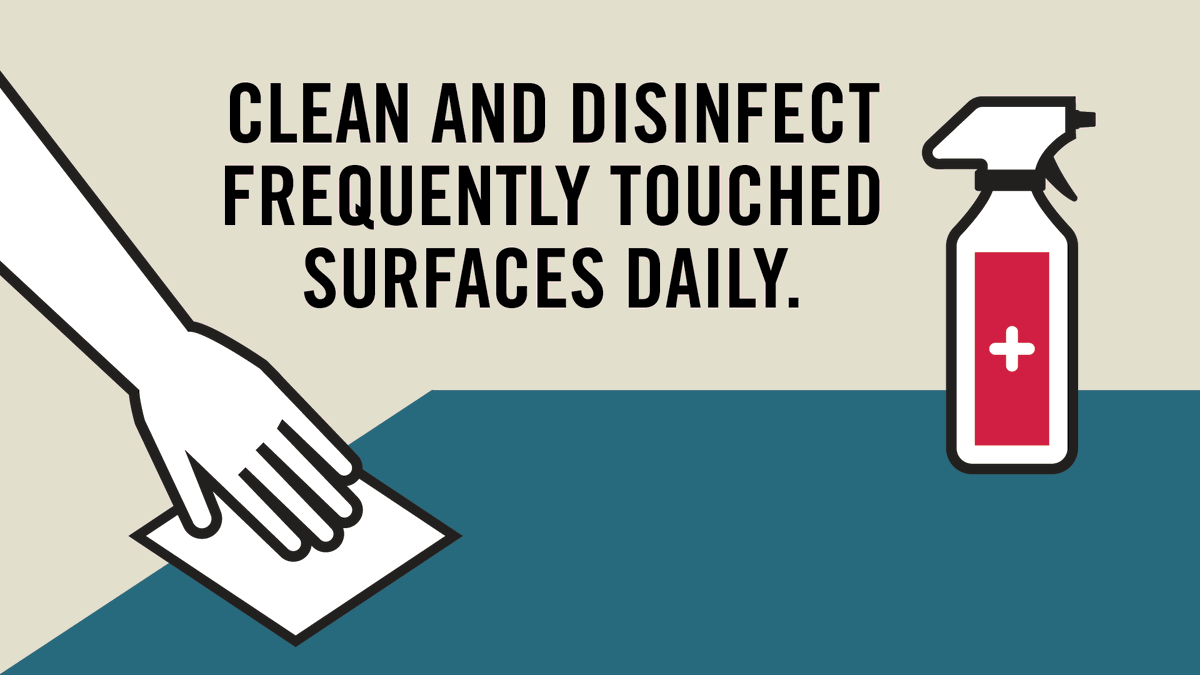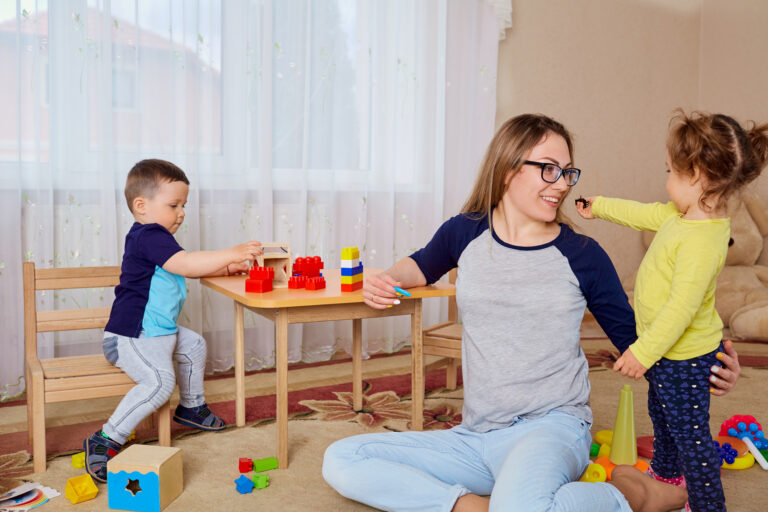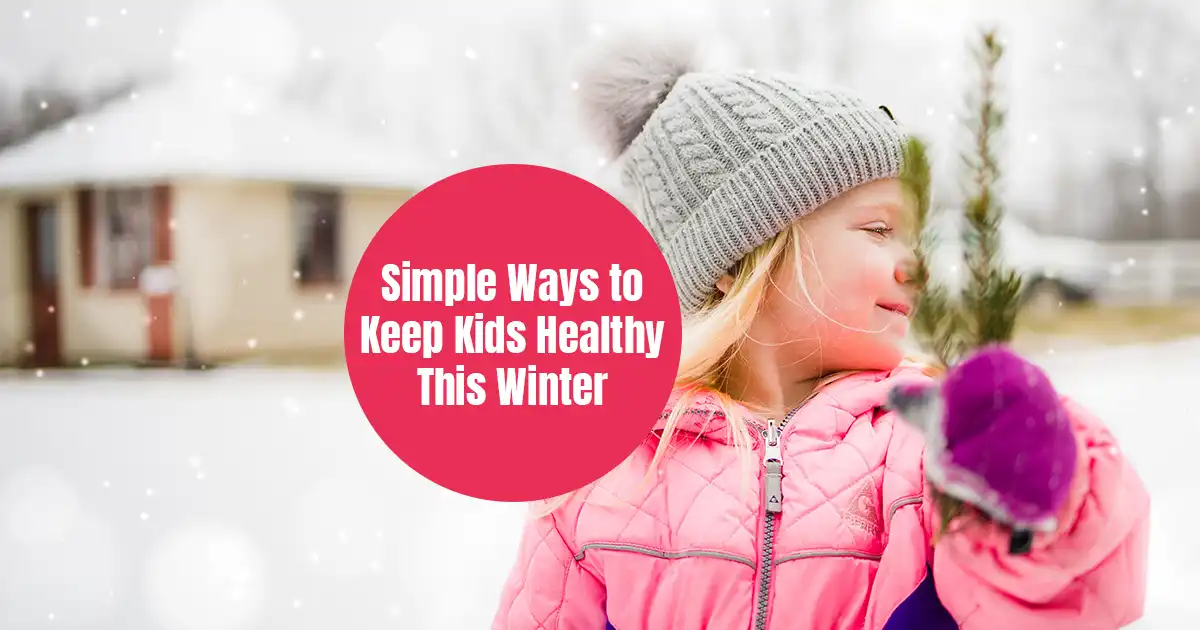Winter can be a magical time for children, filled with snowball fights, cozy evenings, and holiday celebrations. However, it’s also the season when colds and flu are rampant. As parents and caregivers, we must ensure our little ones stay healthy during these chilly months. Here are 8 simple ways to keep kids healthy this winter.
Make Sure They Are Dressed Warm

When temperatures drop, it’s crucial to keep children warmly dressed. Layering is key – start with a moisture-wicking base layer, add an insulating layer, and finish with a waterproof outer layer. Don’t forget accessories like hats, gloves, and scarves to protect exposed skin. Ensuring kids are appropriately dressed can prevent illnesses related to cold exposure.
Replace Their Toothbrushes

Dental hygiene plays a vital role in overall health, especially in winter when germs proliferate. Replacing toothbrushes every three to four months, or immediately after an illness, can prevent the spread of bacteria and viruses. Encourage good dental habits by making brushing fun with toothbrushes featuring their favorite characters.
Put a Pause on Sharing

While sharing is generally a positive habit, during winter, it’s wise to teach kids to be cautious. Sharing utensils, cups, or personal items can easily spread germs. Encourage your children to use their items, especially during mealtimes, to minimize the risk of catching or spreading illness.
Give Them Healthy Foods

A balanced diet rich in fruits, vegetables, whole grains, and lean proteins can boost the immune system. Incorporating vitamin-rich foods like oranges, spinach, and nuts into your child’s diet can help ward off winter illnesses. Also, keeping them hydrated with water, milk, or warm soups is crucial during the colder months.
Educate Them on Cough and Sneeze Etiquette

Teaching children to cough and sneeze into their elbow or a tissue can significantly reduce the spread of germs. Make sure they know the importance of disposing of used tissues properly and washing their hands afterward.
Clean Frequently Touched Surfaces

Viruses and bacteria can linger on surfaces for hours, sometimes days. Regularly cleaning and disinfecting toys, doorknobs, light switches, and other frequently touched areas can help reduce the spread of germs. Involve your kids in the cleaning process with safe, child-friendly cleaning products.
Make Sure They Get Enough Rest

Adequate sleep is crucial for a child’s immune system. Establish a consistent bedtime routine to ensure your child gets the recommended amount of sleep each night. A cozy, comfortable sleeping environment also promotes better sleep.
Teach Them Good Hand Hygiene

Proper handwashing is one of the most effective ways to prevent the spread of illness. Teach your kids to wash their hands with soap and water for at least 20 seconds, especially before eating, after using the restroom, and after playing outside.
Additional Tips for Keeping Kids Healthy in Winter
While the above eight strategies are crucial, here are a few additional tips that can further help in keeping your children healthy during the colder months:
Stay Active

Encourage indoor physical activities to keep them moving. Exercise boosts the immune system and overall health.
Limit Sugar Intake

Too much sugar can weaken the immune system. Try healthier snack alternatives.
Stay Hydrated

Kids might not feel as thirsty in winter, but staying hydrated is essential for maintaining health.
Monitor Health

Keep an eye out for early signs of illness and consult a healthcare provider if necessary.
Engage Kids in Learning About Health

Involving children in their healthcare can be fun and educational. Use this time to teach them about the importance of a healthy lifestyle. Interactive games, colorful books about germs and hygiene, and involving them in preparing healthy meals can make learning enjoyable.
Creating a Supportive Environment

Finally, a supportive, loving environment is crucial for a child’s overall well-being. Encourage open communication, provide comfort, and ensure they feel secure. Emotional health is just as important as physical health, especially during the challenging winter months.
Emphasizing Mental Well-being Alongside Physical Health

While we focus on physical health during the winter, it’s also vital to pay attention to children’s mental well-being. Shorter days and less sunlight can affect mood and energy levels, even in kids. Here are a few ways to address this:
- Encourage Open Conversations: Create a safe space for kids to express their feelings. Regular check-ins can help you gauge their emotional state.
- Foster a Sense of Routine: Children thrive on routine. Keeping a regular schedule for meals, activities, and sleep can provide a sense of normalcy and security.
- Promote Social Interaction: Although it’s the cold season, try to maintain some level of social interaction for your children, whether it’s playdates, family gatherings, or virtual chats with friends.
Involving the Whole Family

Health and wellness should be a family affair. When the whole family participates in healthy habits, children are more likely to follow suit. Here are some family-centric ideas:
- Family Fitness Time: Have a daily family exercise time, whether it’s a yoga session, a dance-off, or an indoor obstacle course.
- Cooking Together: Involve your kids in cooking healthy meals. It’s a great way to teach them about nutrition and healthy eating habits.
- Group Health Challenges: Create fun challenges, like who can drink the most water in a day or who takes the most steps, to encourage healthy competition.
Seasonal Fun and Wellness Activities

Winter offers unique opportunities for fun activities that can also promote wellness. Here’s how you can make the most of the season:
- Outdoor Adventures: If weather permits, engage in outdoor activities like building a snowman, going for a winter nature walk, or having a family snowball fight. These activities are not only fun but also offer fresh air and exercise.
- Indoor Creativity: On days when it’s too cold to venture outside, indoor activities like arts and crafts, board games, or DIY science experiments can keep the mind active and spirits high.
- Reading Time: Encourage a love for reading with a cozy reading nook and a stack of books suitable for their age. Reading is excellent for cognitive development and can be a peaceful escape from the winter blues.
Regular Health Check-Ups
Don’t forget the importance of regular health check-ups during winter. Pediatric visits can help monitor your child’s overall health and catch any issues early. It’s also a good time to discuss with your pediatrician about flu shots and other winter-specific health advice.
Staying Informed and Prepared
Lastly, staying informed about local health advisories and weather updates can help you prepare and adapt your health strategies accordingly. Preparation might include having a well-stocked first aid kit, keeping necessary medications at hand, and knowing the signs of common winter illnesses.
Conclusion
Keeping kids healthy during winter requires a blend of good hygiene practices, nutritional awareness, physical activity, and mental health awareness. It’s about creating a balanced environment where children can thrive despite the cold weather. By following these simple steps and staying vigilant, you can ensure that your children enjoy a healthy, happy winter season. Let’s embrace the beauty of winter while safeguarding our children’s health and well-being.
